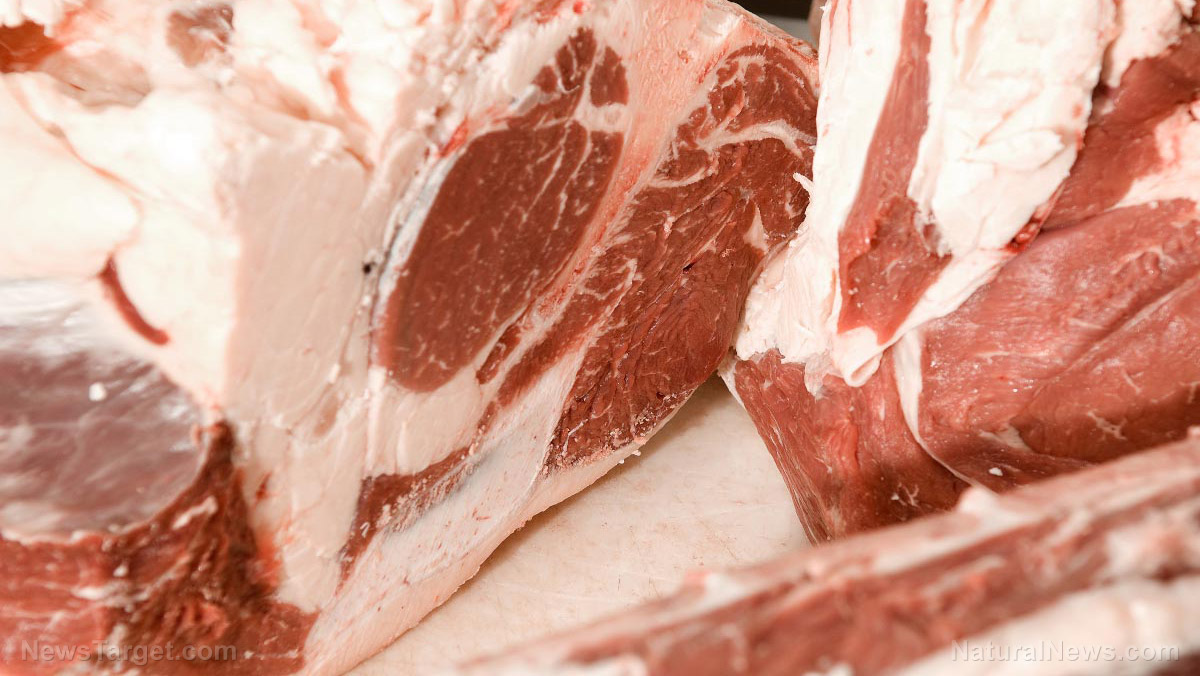
Advertisement
New York City made waves when it recently approved its “Green New Deal,” which will see the amount of red meat that is served in municipal facilities slashed by half with the aim of combating climate change. It will be the first city in the world to adopt such a policy.
Under the $14 million deal, meat purchases should be cut in half, while processed meat purchases will be phased out in all city-run hospitals, correctional facilities and schools by 2040.
New York City also recently committed to adopting the concept of Meatless Mondays in its public schools to discourage students from eating meat once a week out of concerns for the environment and their health. Every Monday, all of the food served for breakfast and lunch in schools will be completely vegetarian.
Friends of the Earths Program Manager Chloe Waterman told Breitbart: “New York City is strengthening its climate leadership by acknowledging the importance of slashing consumption-based greenhouse gas emissions associated with factory-farmed meat. Eliminating processed meat and cutting red meat purchases will pay dividends for the health of future generations and the planet.”
What will they serve in place of meat?
Of course, it won’t be surprising if soy is used to replace the banned meat, and that opens up a whole new can of worms. Genetically modified soy, grown with toxic glyphosate, is hardly a more environmentally-friendly option – and it certainly isn’t good for your health.
While many people tend to think of soy as being a health food, the truth is that it’s a processed food that can seriously impact your health. It can disrupt endocrine and thyroid function, set you up for metabolic syndrome, impact your sex hormones, and block your body’s ability to access minerals like magnesium, calcium and iron.
However, one of the biggest objections to soy is that more than 95 percent of the soy sold in the country is genetically modified, and it’s one of the most pesticide-laden crops that exists.
Glyphosate, the most commonly used weed killer in the world, has been shown in studies to raise the cancer risk of people who are exposed to it by 41 percent. Monsanto is facing thousands of lawsuits from people who say the chemical caused their non-Hodgkin lymphoma, an immune system cancer; a school groundskeeper was recently awarded $289 million in damages from Roundup maker Monsanto. The World Health Organization’s International Agency for Research on Cancer has classified the chemical as “probably carcinogenic to humans,” so eating glyphosate-doused soy doesn’t seem like a better alternative to meat.
Consider the Impossible Burger, a fake food product that is being promoted right now by places like Burger King as a healthier, more environmentally-friendly alternative to traditional beef burgers. It uses GMO soy leghemoglobin to create the “bleeding” effect you’d see from real red meat, and no one knows what health effects it could have in the long term. Let’s hope New York plans to replace red meat with organic plant-based options rather than GMO soy and Frankenmeat offerings.
Red meat and processed meats have both been linked to cancer and other problems, with processed meats in particular being a food that should be avoided at all costs. While that aspect of the change is good on the surface, the prospect of replacing one carcinogenic food with another is a pretty poor solution.
Sources for this article include:
Advertisements







